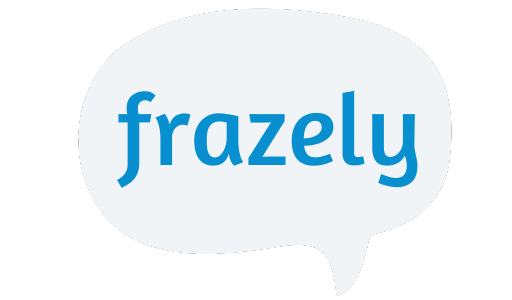Learning German as a beginner can be an exciting journey, but it can also feel frustrating at times. Maybe you’ve memorized vocabulary lists, practiced grammar rules, and tried speaking, but progress still feels slow. If you’re feeling stuck, don’t worry—it’s a common experience for language learners. The good news? There’s a simple solution to help you break through that beginner’s block: make learning fun again!
When learning becomes a chore, it’s easy to lose motivation. That’s why doing something enjoyable in the language can reignite your passion for German. Here are some ways to add fun to your studies, with a special focus on reading easy German stories.
Why Feeling Stuck Happens
Before diving into the solution, let’s talk about why you might feel stuck. Beginner German often involves a lot of rote learning. You’re trying to understand the basic rules of the language, like verb conjugations, sentence structure, and articles (“der, die, das” can be tricky!). This is important, but it can also get overwhelming.
If you’re only studying from textbooks or doing repetitive exercises, it’s easy to feel like you’re not making progress. You might ask yourself questions like: “Why can’t I speak fluently yet?” or “Why don’t I remember these words I learned last week?” These thoughts are normal, but they can make learning feel harder than it really is.
The Power of Fun Activities
When you hit a roadblock in your learning, changing your approach can make all the difference. Fun activities help you practice German in ways that don’t feel like work. They also immerse you in the language, which is key for getting used to how German sounds and flows.
One of the best ways to make learning fun is by reading easy readers. Easy readers are short stories or books written specifically for language learners. They’re designed to match your skill level, so you won’t get lost in complicated grammar or advanced vocabulary.
Why Easy Readers Work
Easy readers are powerful tools for a few reasons:
- They Build Confidence: Easy readers use simple sentences and familiar words, so you can actually understand the story. Each time you finish a chapter, you’ll feel a sense of accomplishment that motivates you to keep going.
- They Reinforce Vocabulary: By seeing the same words and phrases in context, you’ll naturally remember them better than you would from flashcards alone. For example, if you’re reading a story about a dog, you might encounter words like Hund (dog) and laufen (to run) repeatedly. This repetition helps them stick in your memory.
- They’re Fun! The best part about easy readers is that they tell stories. You’re not just learning; you’re enjoying a plot, getting to know characters, and maybe even laughing at some jokes. It’s a great way to forget you’re studying.
How to Get Started
If you’ve never tried an easy reader before, it’s easy to begin. Look for books written specifically for beginners. For example, Frazely offers a series of easy readers for German learners that come with full English translations and audio. This means you can read along while listening to the correct pronunciation, which helps improve both your reading and listening skills.
Start with a story that matches your interests. Do you like mysteries, adventure, or romance? There’s something for everyone. Even just reading a few pages a day can make a big difference in how confident you feel about German.
Stick with It!
Learning German is a journey, not a race. It’s normal to hit bumps along the way, but don’t give up. Remember that every small step counts, even if it doesn’t feel like progress right now. By adding fun activities like reading easy readers, you’ll stay motivated and see improvement before you know it.
So, the next time you feel stuck, grab an easy reader, turn on a German song, or watch a fun movie. You’ll be surprised at how quickly the language starts to feel less like a challenge and more like an adventure. Viel Erfolg—good luck—on your German learning journey!
